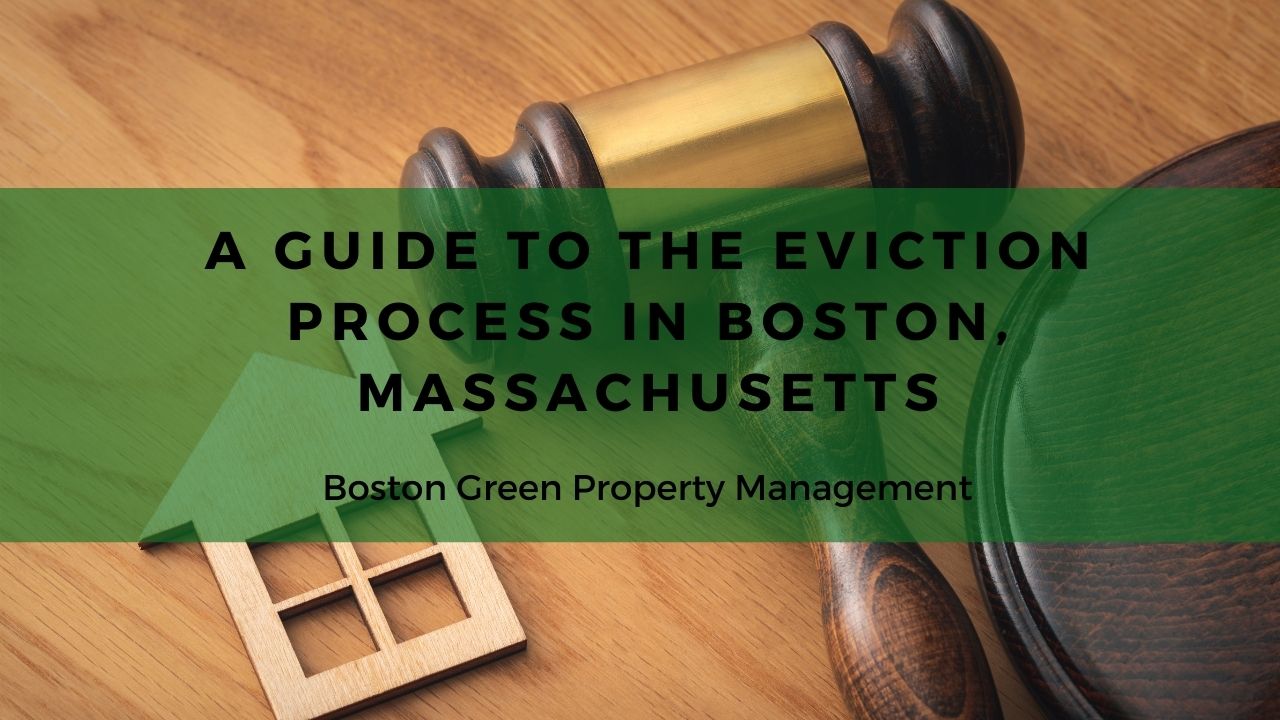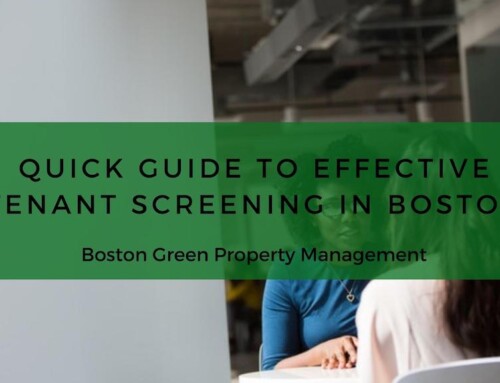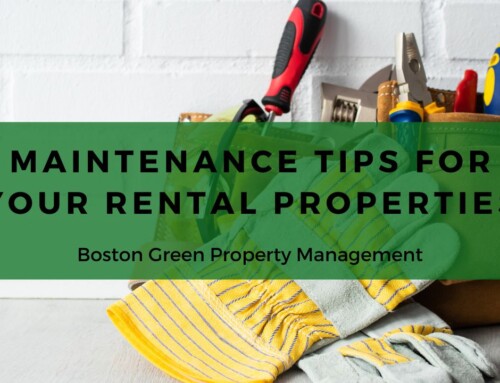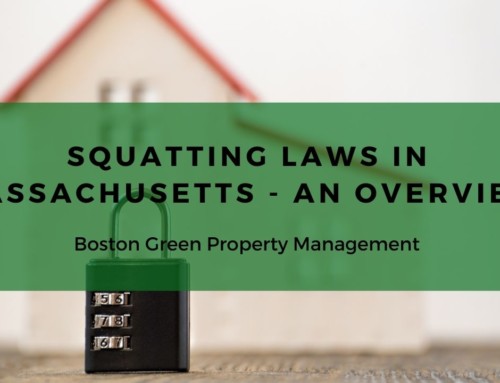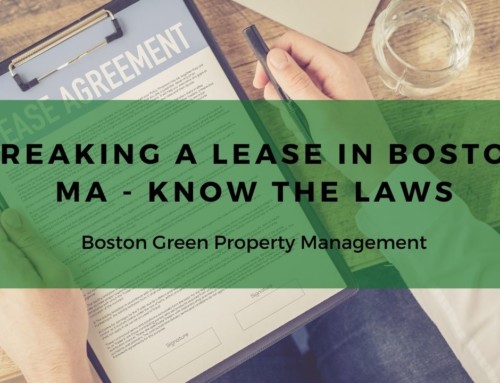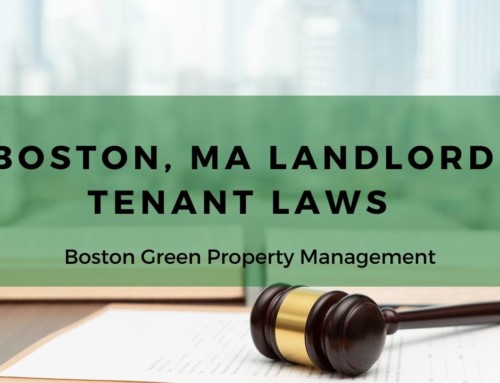When all else has failed, evicting your Massachusetts tenant may be the only solution left for you. Some of the reasons that can lead to that include nonpayment of rent and violation of the lease terms.
Only the court can evict a tenant from their rented premises. Even as the landlord, you cannot engage in “self-help” eviction tactics. Such tactics can include locking out the tenant or removing their belongings.
To win the case against the tenant, you’ll need to follow Massachusetts eviction law to the letter. Failure to follow the correct legal process may either delay the eviction or prevent it altogether.
Whether you’re just starting or are a seasoned landlord, here’s everything you need to know about the Massachusetts eviction process.
Serve an Eviction Notice
As already mentioned, you can start the eviction process for multiple reasons like nonpayment of rent and violation of the lease or rental agreement.
An eviction notice is a formal letter that you must give your tenant if you want to evict them. There are different written eviction notices that you can serve tenants depending on the violation committed.
Nonpayment of Rent
You must give the tenant a 14-Day Notice to Quit. The written notice gives tenants 14 days to either move out of the rental unit or pay all the due rent to avoid getting evicted. If the tenant doesn’t take either option, you may then proceed with their eviction in court.

Violations of the Lease Agreement
Massachusetts landlords need to serve the tenant with a 7-Day Notice to Quit. Massachusetts landlords aren’t required to allow their tenants to correct a violation. The notice gives the tenant 7 days to assemble their belongings and move out or else face eviction.
Examples of lease violations worthy of eviction include exceeding the rental unit occupancy limits, causing excessive property damage, and keeping an unauthorized pet. Illegal activities are covered under a different category. Breaking a lease is an entirely different issue.
Holdover Tenants
You must serve them a 30-Day Notice to Quit. A holdover tenant is a tenant that overstays their lease or rental agreement. In Massachusetts, you must give tenants a notice of at least 30 days before evicting them. If the tenant chooses to remain on the property after the expiry of the notice, you can proceed with their eviction.
Illegal Activity
You must serve the tenant a 7-Day Notice to Quit. Activities that fall under this category in Massachusetts include possession of an illegal weapon, illegal gaming, and prostitution.
File and Serve a Summons and Complaint
In the state of Massachusetts, the summons and complaint must be served on the tenant 7-30 days before filing the eviction paperwork with the court. Once this is done the landlord must then file a copy of the summons and complaints with the court.
The cost of filing a complaint differs depending on if it’s filed in a district court or a housing court.

Proceed to Court
In Massachusetts, cases are only “entered” on Mondays. “Entering” a case means you must file all the required paperwork with the court on that day. After you’ve entered the case, the eviction hearing will be held anywhere between 10 and 16 days later.
The tenant isn’t required to file a formal, written answer with the court to attend the hearing. But should they choose to, then they must do it within 7 days of the entry date.
When filing their answer, the tenant may allege any of the following:
- You are evicting them based on discriminatory reasons. This is illegal per the terms of the Fair Housing Act. You cannot discriminate against your tenant based on characteristics such as color, race, gender, national origin, or familial status.
- You failed to maintain their rental unit. Massachusetts law requires you to keep your rental unit fit and habitable. If you don’t, your tenant may be able to withhold rent. You cannot then sue or evict them for nonpayment of rent.
- You failed to follow the proper eviction procedures. The tenant may also delay the process by identifying gaps in the eviction process. For instance, failure by the landlord to serve them the proper eviction notice.
- You used “Self-Help eviction to remove them from your property. You cannot attempt to remove a tenant by doing things like locking them out or shutting off their utilities.

Request a Writ of Execution
This is the tenant’s final notice to leave their rented premises. It gives the sheriff or a constable the authority to forcefully evict a tenant from their rented units.
Normally, the writ of execution is issued to landlords 10 days after a successful ruling. Tenants, however, can request a stay of execution under certain circumstances. If granted by a court, the eviction will be postponed from anywhere between 6 and 12 months.
Summary
To see an eviction through, a landlord must follow Massachusetts eviction law. These and other landlord-tenant laws including security deposit, lease agreement, and squatting laws are all subject to change. It’s you’re responsibility as a landlord to stay informed.
If you want help with any aspect of property management consider hiring a property management company like Boston Green Property Management. Their team of real estate experts will be able to answer any questions you may have!
Disclaimer: This blog should not be used as a substitute for legal advice from a licensed attorney in your state. Laws frequently change, and this post might not be updated at the time of your reading. Please contact us for any questions you have in regards to this content or any other aspect of your property management needs.


